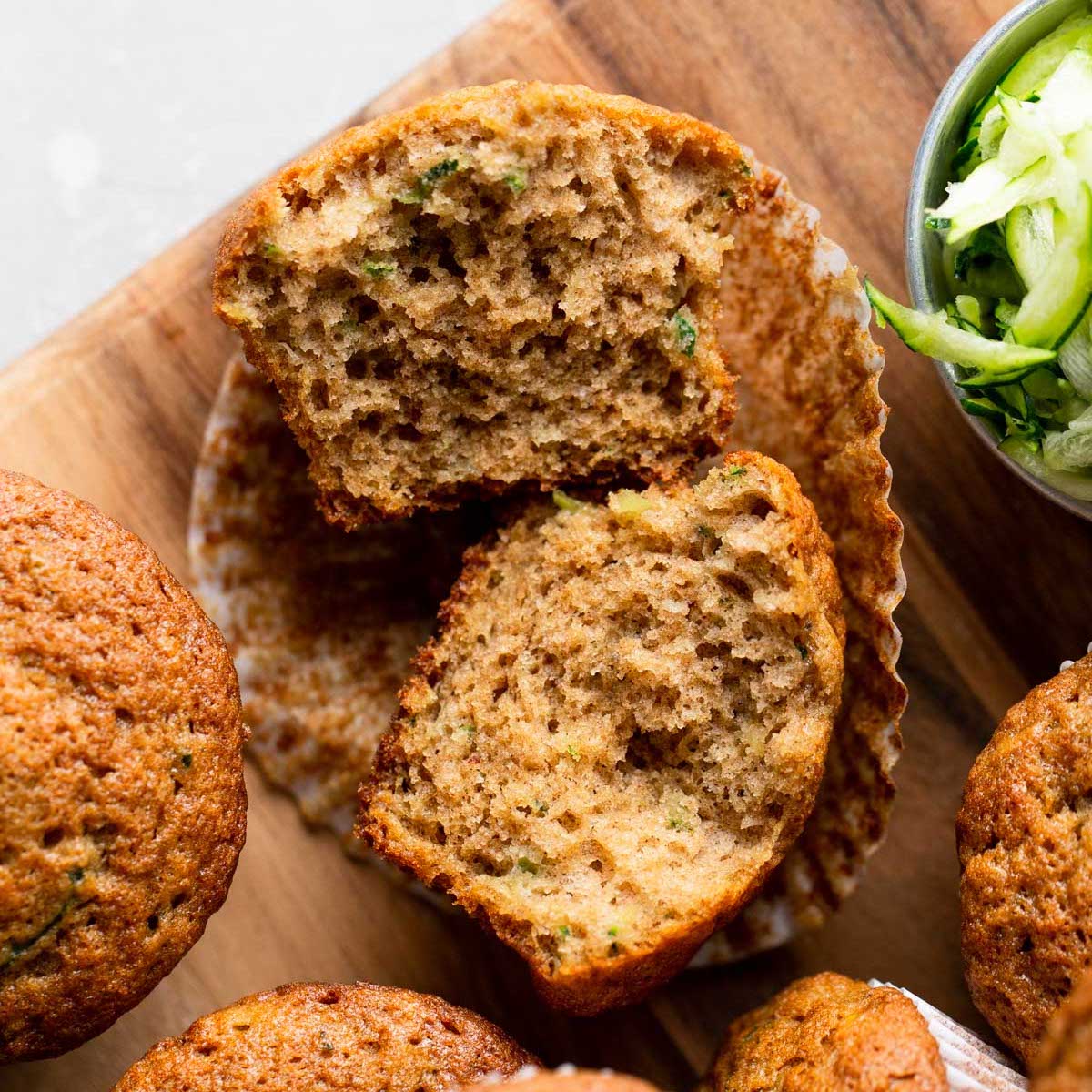1 . Decide on Dining
Deciding which dining plan can be overwhelming. Each school has their own system for food on campus. Most campuses offer a range of plans from unlimited dining hall swipes each week to just ten for an entire semester. Each plan is designed to help accommodate the different living styles of their students. Let’s break it down.
If you plan to live on campus, you should expect to go to the dining hall for a majority of your meals. You will likely never use that kitchenette on your dorm floor because you probably won’t have time or all the necessary things to cook. You will want to first pick a plan that allows you to go to the dining hall multiple times a day throughout the week. As you get accustomed to life on campus, you will get a sense of how many times you swipe into the dining hall or cafes and eventually adjust your meal plans.
If you do not plan to live on campus, you may still want to have the option to go to the dining hall a few times a week, especially during midterms or finals. This way you know you have a convenient option for meals during busy times. You might want to look for a flexible plan that offers a few swipes a week or a semester compared to what someone living on campus would need.
Some schools have a currency system, where you can prepay for school “bucks” and use them at cafes and dining halls on campus. This is a great option for students both living on or off campus who have very busy days. Oftentimes, they are tax-exempt, so that means when you pay for your meals using your school’s “bucks”, you will not be charged sales tax. Using school “bucks” instead of a credit or debit card can be a savvy way to save money if you plan to use them.
Every school’s dining system is different. It is important to talk this through with your parents, guardian, or someone you trust to guide you through your decision process. Some things to consider when choosing the right meal plan include:
- Will you be living on or off campus?
- Where are the dining halls located?
- Where will you be spending most of your time each day and what kind of dining locations will be near you?
- What is your class schedule like? Do you have a challenging semester ahead with little time to make yourself meals or are you more available?
- What are your cooking skills like?
- Where are the nearest grocery stores and how do you plan to get groceries? Will you order through a grocery delivery service, carpool with a friend or go on your own, or maybe use a meal delivery service like HelloFresh or Factor Meals?
Many schools give you a trial period where you can change your dining plan without paying any fees. Take advantage of that trial period to find out what works best for your class and study schedule.
2. Eat Enough Throughout the Day
Keeping your body fueled throughout the day is the best way to prepare for classes and exams. Some college campuses are really large and you might walk more than 3 miles a day just to get to your classes (Cornell University, my alma mater, I’m talking about you). Plus, studying requires fuel. You might think you are just sitting, but the brain uses roughly 25% of your body’s energy. This is like a parked car with the engine running – you’re not moving but still burning gas to run the engine.
When you combine big campuses with increased brain use, you might feel hungrier than normal. The best way to keep your body fueled is to plan your meals with cafe and class times in mind. It might be tempting to sleep through the breakfast shift at the dining hall or even into the afternoon, but staying on a loose schedule of three meals a day will keep your hunger at bay and more focused in class.
Try bringing a bar for an on-the-go fuel source or as a mini meal. See our suggestions here.
3. Make Friends with Convenience Foods
Keeping convenience foods on hand is a reliable way to make sure you can feed your hunger at inconvenient times. You may not have time to run to the dining hall for breakfast, eat during long lab periods, or have an exam during dinner.
Some of my favorite convenience foods to stock are:
- Momofuku Ramen
- With 9g of protein, these noodles are quick to make and may keep you feeling more satiated than regular noodles
- Belvita Breakfast Bars
- These breakfast bars have 18g of whole grains, which can give you sustained energy. Opt for these bars before heading out for the long haul across campus or before your exam.
- Greek yogurt cups
- Greek yogurt is a convenient pick-me-up snack, with about 12g of protein and 10% of daily calcium.
- Pre-cut fruit or vegetables
- Buying pre-cut produce can make eating fruit and vegetables easier, especially if you live in a dorm and do not have a way to prepare fruit.
- Goodles
- With 14g of protein, 6g of fiber, and loaded with vitamins and minerals, Goodles can be a more filling swap for traditional boxed mac and cheese. Only eat ½ the box as the fiber may upset your GI tract upon consuming the whole box.
4. Don’t be Afraid to Nap
While this isn’t necessarily a food tip, it is extremely important to get enough sleep each night. Not sleeping enough can make you feel hungrier and less focused during the day. You may not have napped when you were in high school however, in college you might need it. There will be times when you don’t get a full 8 hours or you may just feel very tired during the day due to stress. Avoid caffeine overload and instead opt for a short power nap.
Check out this page to read about all the different types of naps to help you feel refreshed and ready to learn.
***If you are sleeping about 8 hours at night but still find yourself very tired every day, please speak with a medical professional to get to the root of the problem.
5. Hydrate, Hydrate, Hydrate
Dehydration can happen quickly, especially if you do not have a sink in your dorm room or the nearest water fountain is far down the hall. The first sign of thirst usually means you are already dehydrated. Some less obvious symptoms of dehydration include:
- Brain fog
- Tiredness
- Fatigue
- Weakness
- Feeling lightheaded or dizzy
- Dry lips
- Racing heart rate
- Headache
- Confusion
It might be tempting to reach for coffee or an energy drink when you feel these symptoms, but you should try drinking water first. To avoid getting dehydrated, keep a water bottle on you at all times. If you don’t want to drink straight from the water fountain, get this water filter for your dorm room.
Want more specific tips? Click this link to book my How to be Healthy in College program, designed to give you specific help on this next chapter in your life. It is perfect for any college student, whether it’s your first time on campus or you are moving into your senior apartment off-campus.
Our program kicks off this July! Make sure to schedule your first meeting before spots fill up!
For more information, follow @nutritionwithgabrielle on Instagram, or check out our Amazon Storefront and click on our “College Essentials” list to shop our favorite picks.
Fave College Essentials:
Things:
Waterdrop Water Filter for your Desk or Counter
Foods
Emma Chamberlain instant coffee
Jerky – Epic or Righteous Felon
Go Go Squeeze – Fruit and Veggie Variety
Salad Power – Squeezable Organic Fruits and Vegetables









